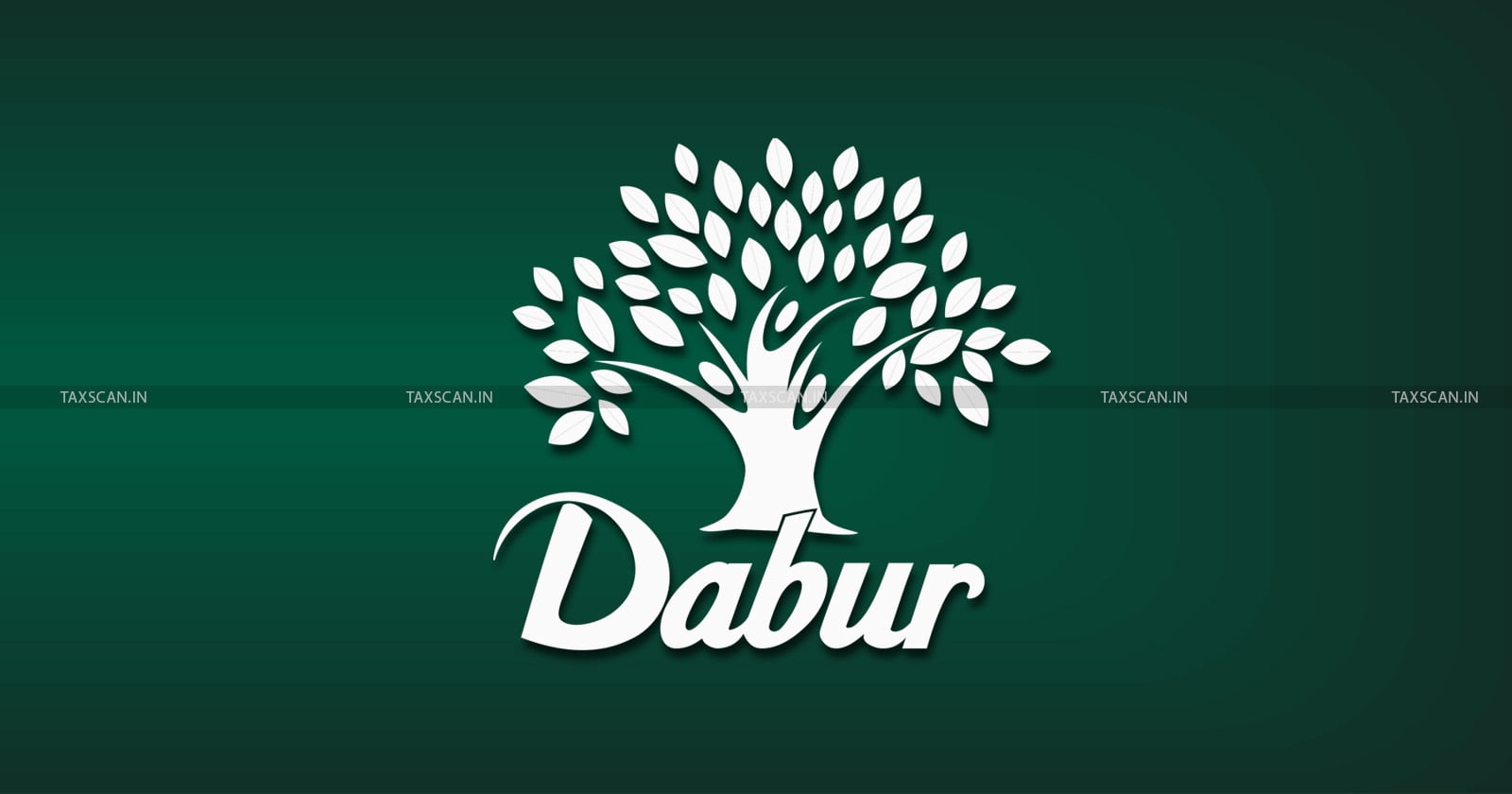Book Entries of Unverified Bank Overdrafts Not Genuine Income Tax Liabilities: Supreme Court sustains Delhi HC Order [Read Judgement]
The assessee had failed to produce any documentary evidence to substantiate the existence of the purported overdrafts within the banks
![Book Entries of Unverified Bank Overdrafts Not Genuine Income Tax Liabilities: Supreme Court sustains Delhi HC Order [Read Judgement] Book Entries of Unverified Bank Overdrafts Not Genuine Income Tax Liabilities: Supreme Court sustains Delhi HC Order [Read Judgement]](https://images.taxscan.in/h-upload/2025/11/12/2104508-book-entries-unverified-bank-income-tax-liabilities-income-tax-taxscan.webp)
The Supreme Court of India recently upheld a ruling by the Delhi High Court wherein it was affirmed that book entries reflecting unverified bank overdrafts did not constitute genuine income tax liabilities, sustaining an income tax addition of approximately ₹4.39 crore to the taxable income of an assessee.
The issue arose from the assessment of M/s Harsha Associates Private Limited for the Assessment Year 2007-08. The Assessing Officer (AO) noted that the assessee had shown outstanding liabilities of an aggregate amount of ₹4.45 crore as payable to the Bank of Baroda, Indian Overseas Bank and Punjab National Bank.
 Also Read:GST Duty on Hajmola Candy Already Settled by SC: Allahabad HC Stays Fresh Proceedings Against Dabur India Ltd [Read Order]
Also Read:GST Duty on Hajmola Candy Already Settled by SC: Allahabad HC Stays Fresh Proceedings Against Dabur India Ltd [Read Order]
The banks were issued notices by the AO to confirm whether the liabilities started by the assessee were genuine, however, only Indian Overseas Bank confirmed a small outstanding balance of ₹1.86 lakh while the other banks reported no such dues.
Accordingly, the AO held that the remaining ₹4.44 crore reflected bogus credits and added the same to income under Section 68 of the Income Tax Act, 1961, passing an assessment order under Section 143(3).
Comprehensive Guide of Law and Procedure for Filing of Income Tax Appeals, Click Here
In appeal, the Commissioner of Income Tax (Appeals) accepted additional evidence and deleted the major addition of ₹4.44 crore, reasoning that the liabilities represented cheques that had been issued but not yet presented for payment.
The deletion was challenged by the Revenue before the Income Tax Appellate Tribunal (ITAT), while the assessee contested the retention of smaller additions.
The Tribunal, after considering the record, noted that the assessee had not produced any documentary evidence that substantiated the existence of the purported overdrafts, thus restoring the addition of ₹4.39 crore holding that the liabilities towards Bank of Baroda and Punjab National Bank were fictitious and unsupported.
Before the Delhi High Court, the assessee was represented by Sandeep Sapra who contended that the debts reflected in their books were book debts and not overdrafts from banks. The Assessee explained the outstanding liability in its books of accounts had arisen on account of cheques issued to various suppliers that were not presented to the concerned banks as on 31.03.2007.
The Revenue was represented by senior standing counsel Anurag Ojha, assisted by V.K. Saksena, Hemlata Rawat, Dipak Raj Singh and Abhay Singh.
Comprehensive Guide of Law and Procedure for Filing of Income Tax Appeals, Click Here
The Division Bench of Justice Vibhu Bakhru and Justice Tejas Karia observed that the cheques allegedly issued were never presented for payment and that the Punjab National Bank account was an escrow account which was incapable of showing negative balances.
It concluded that the so-called overdrafts were not actual liabilities but fictitious entries made to inflate the books. Accordingly, the High Court concurred with the factual findings of the ITAT and held that no substantial question of law arose and dismissed the appeal filed by the assessee.
In the present Income Tax Appeal, Abhimanyu Jhamba, Thonpinao Thangal and Ayushi Srivastava appeared for the assessee.
The Bench comprising Justice J.B. Pardiwala and Justice K.V. Viswanathan heard the counsel and examined the record and held that there was no reason for the apex court to interfere with the Delhi High Court’s decision and accordingly dismissed the Special Leave Petition, in effect, sustaining the ₹4.39 crore addition to the taxable income of the assessee.
Support our journalism by subscribing to Taxscan premium. Follow us on Telegram for quick updates




